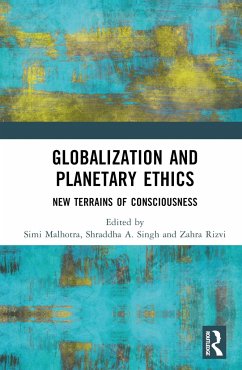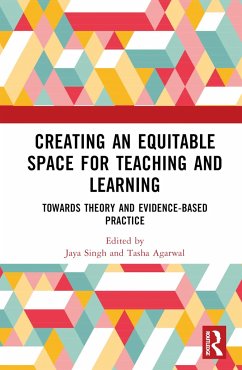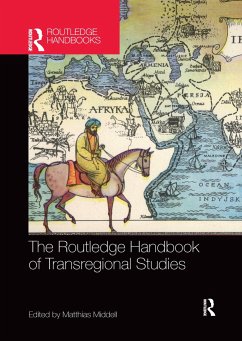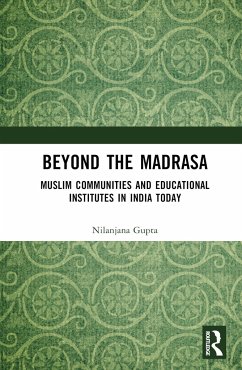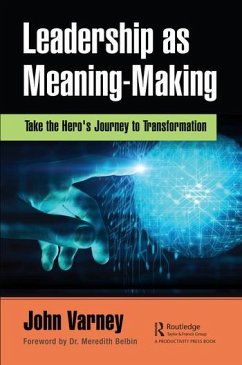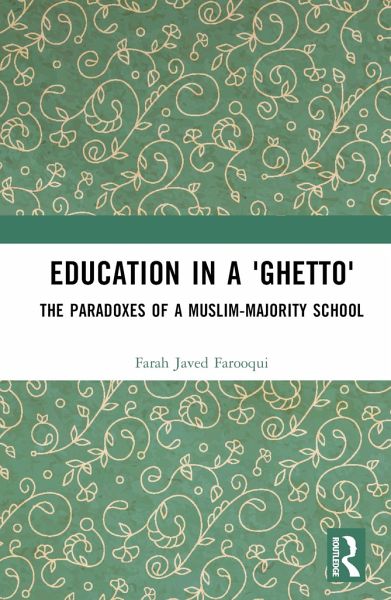
Education in a 'Ghetto'
The Paradoxes of a Muslim-Majority School
Versandkostenfrei!
Versandfertig in 6-10 Tagen
154,99 €
inkl. MwSt.
Weitere Ausgaben:

PAYBACK Punkte
77 °P sammeln!
In her compelling journey with a government-aided, Muslim-majority school of (old) Delhi, a manager discovers structures of power, politicking, conflict and harmony. This book explores how teachers, administrators and students of low-income and disadvantaged communities navigate limited opportunities and resources. It examines the socio-economic-cultural background of students, institutional rituals and practices, and the impact of power relations in neo-liberal contexts on the worker-children. It uncovers the power and privilege of those in authority and elucidates how bureaucratic systems in...
In her compelling journey with a government-aided, Muslim-majority school of (old) Delhi, a manager discovers structures of power, politicking, conflict and harmony. This book explores how teachers, administrators and students of low-income and disadvantaged communities navigate limited opportunities and resources. It examines the socio-economic-cultural background of students, institutional rituals and practices, and the impact of power relations in neo-liberal contexts on the worker-children. It uncovers the power and privilege of those in authority and elucidates how bureaucratic systems in state-run schools tend to overlook the interests and circumstances of students, thus perpetuating their subalternity.
Education in a "Ghetto" will be of interest to educationalists, sociologists, historians, political scientists, developmentalists or just about anybody interested in the interface of state, society, and education.
Education in a "Ghetto" will be of interest to educationalists, sociologists, historians, political scientists, developmentalists or just about anybody interested in the interface of state, society, and education.






